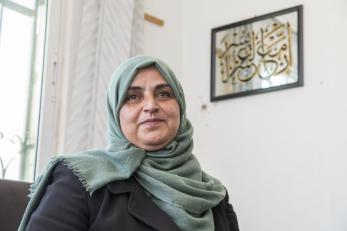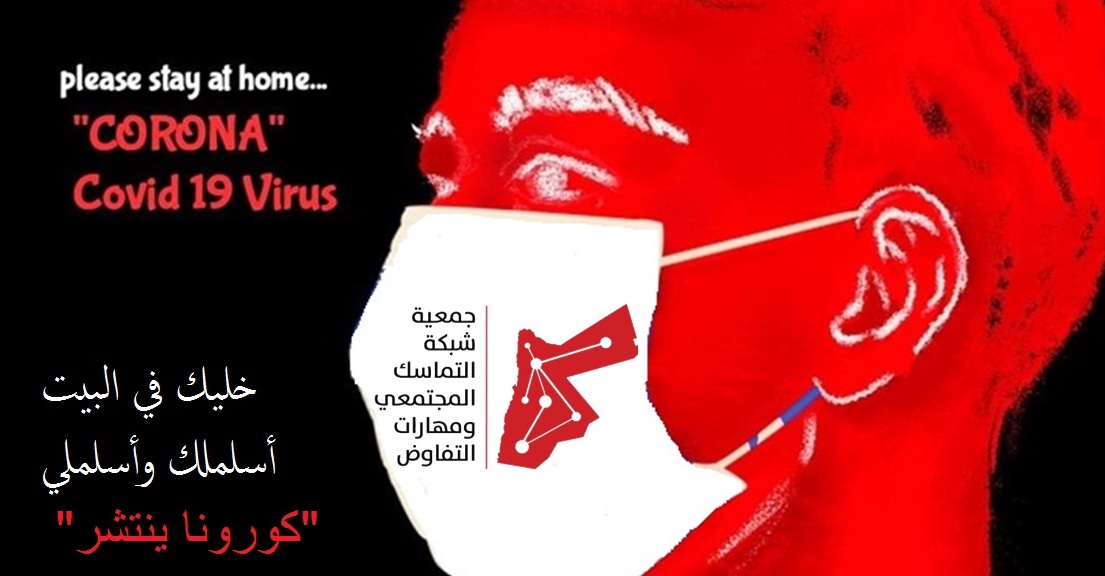Nationwide awareness raising campaign spans 11 governorates

Community leaders across Jordan are stepping up and utilizing their platform to prevent the spread of COVID-19 while also creating an online safe space for community support.
Mercy Corps is partnering with the Network for Social Cohesion and Negotiation Skills, a newly registered national NGO of over 650 community leaders that was originally established as part of a UKAid-funded Mercy Corps program, to develop and deliver an online awareness raising campaign spanning 11 governorates. Utilizing the Network’s Facebook page, community leaders deliver video messages, encouraging one another to take care of themselves and each other.
“We, as community leaders and as members of an administrative body who are elected by our communities, must play a positive role during the coronavirus crisis, spreading positive values, optimism and raising awareness — that’s why we launched this campaign,” said Mohmmad Mayaah, the head of the Network.

Some may argue that we are not only facing a pandemic but also an infodemic — a term used to describe the over-abundance of information, some accurate and some not, in times of crisis. Rather than simply adding to the noise, community leaders are offering something different — a personal, trusted voice that above all is encouraging individuals to do their part and support each other.
“Our small country is facing a big challenge, and when compared with the big countries, we are doing better than most. Our government is doing their job, and we as a society have a big role to play. We need to comply with the instructions. Our success depends on it.” Fares Sarayreh, a community leader from Karak shared.
While social media can be used as a potential aid in stemming the spread of the virus, it can also be a potential exacerbator for the spread of rumors, misinformation and panic. Community leaders like Abd Raoof Shaweesh stress that it is everyone’s responsibility to think before they share. “Before publishing any information on social media, we must verify that it is true,” he explained.
As people adjust to new routines — often with less structure, reduced income and increased anxiety towards the future — concern about mental health is very real. Shadia Khreesaat is both a community leader and counselor in Salt, and talks about the importance of exercise, nutrition, healthy family dialogue and staying positive. She emphasizes the need to care for the most vulnerable, especially the elderly. Youth leaders, like Mohammad Noubani, are creating space for peer support. “Spend your time positively. Learn new skills, develop a routine and stick to the schedule, help your mom and sisters with housework and be sure to make time to have fun with your family, whether that is watching a movie or playing a game,” he said.
With diverse representation — Jordanian and Syrian men, women and youth — and strong skills in interest-based negotiation, the Network is able to engage a wide range of people, spreading critical information related to COVID-19 and the secondary impacts it brings. The common thread is one of social cohesion — following guidance not just for one’s own health but for the wellbeing of the broader community.